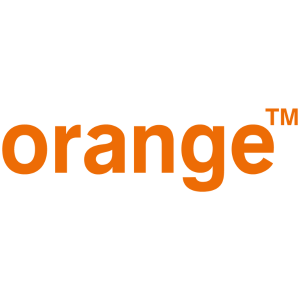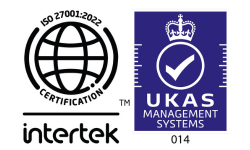Companies restructure, roles evolve, and sometimes, positions become redundant. When an employee faces redundancy, it often comes with a severance package, including redundancy pay.
In the current economy where we are at an uncertainty with job loss, questions arise about the tax implications of these payments. Are redundancy payments taxable?
How does taxation on redundancy pay work? Find out more information below on how tax works with redundancy.
Understanding Redundancy Pay
Firstly, you may be questioning what exactly is redundancy pay? Redundancy pay is compensation provided to employees who are being made redundant from their jobs. It serves as a financial cushion to help ease the transition period between jobs and provide some stability during a potentially challenging time.
The legal framework surrounding redundancy pay is primarily governed by the Employment Rights Act 1996. According to this legislation, eligible employees are entitled to receive statutory redundancy pay if they have been continuously employed for two or more years and are being made redundant due to circumstances such as business closure, workplace relocation, or a reduced need for employees in a particular role. Find out more on How to Work out Redundancy Pay here.













Taxation on Redundancy Payments:
Now, let’s address the burning question, is tax payable on redundancy payments? The short answer is: it depends.
Statutory redundancy pay is tax-free up to a certain limit. As of the current tax year (2024/2025), the first £30,000 of redundancy pay is exempt from income tax. This exemption applies regardless of the employee’s tax bracket, making it a valuable relief for individuals facing redundancy.
However, it’s essential to note that while statutory redundancy pay is tax-free within this threshold, any additional payments, such as contractual redundancy pay or payments for outstanding salary, bonuses, or holiday pay, may be subject to income tax and National Insurance contributions (NICs). Get in touch with a Payroll expert today and learn how outsourcing your payroll can save time and stress when it comes to redundancies.
To provide further clarity, let’s address some frequently asked questions regarding the taxation of redundancy payments:
Does statutory redundancy pay count towards the annual income for tax purposes?
No, statutory redundancy pay does not count towards an individual’s annual income for tax purposes, provided it falls within the £30,000 tax-free threshold.
How is tax calculated on redundancy payments exceeding £30,000?
Redundancy payments exceeding the £30,000 threshold are subject to income tax at the individual’s applicable tax rate. The excess amount is added to the individual’s other taxable income for the year, and tax is calculated accordingly.
Are redundancy payments subject to National Insurance contributions (NICs)?
Statutory redundancy pay is not subject to NICs. However, any additional payments above the statutory limit may be subject to both income tax and NICs.
Do voluntary redundancy payments have the same tax treatment as statutory redundancy pay?
Yes, voluntary redundancy payments are typically treated the same as statutory redundancy pay for tax purposes, as long as they fall within the £30,000 tax-free threshold.
Are there any circumstances where redundancy payments are entirely tax-free?
In some cases, if the entire redundancy payment, including any additional amounts, falls within specific exemptions or reliefs, it may be entirely tax-free. However, such circumstances are rare and would require careful consideration of the relevant tax laws and regulations.
Outsource your business payroll with PayEscape
While facing redundancy can be a challenging and uncertain time, understanding the tax implications of redundancy payments can provide some clarity and peace of mind. Be aware of any additional payments that may exceed this threshold and be subject to income tax and National Insurance contributions.
Consulting with a qualified payroll advisor or HR professional can offer personalised guidance based on individual circumstances, ensuring compliance with tax regulations and maximising the benefits of redundancy payments.
Book your free demo now.
Need help to understand what solution is best for your business? Speak with our expert team today on 028 2764 1060
"*" indicates required fields

Cloud-Based Payroll Software
Cloud-based payroll software operates by utilising cloud computing technology, which means that the software and data are stored on remote servers and accessed via the internet.
Outsourcing Payroll Services
Outsourcing is when you delegate your payroll operations to a third party provider specialist such as; Payescape.
Integrated HR and Payroll
PayEscape’s integrated HR and payroll software offers a prime solution, combining powerful HR functionality with robust payroll capabilities.
Need help to understand what solution is best for your business?
Speak with our expert team today on 028 2764 1060
Using our cloud-based software we manage all aspects of your payroll process. From calculating your payroll taxes and filing with HMRC to managing all components of auto enrolment and so much more. Whether it’s reimbursement or pre-tax benefits we’ve got it covered.
Our HR platform lets you manage all aspects of your HR administration. With HR Escape can approve and monitor holiday, record working time and calculate wages, allocate time and staff expenses to clients, projects, and activities, and much more.


















